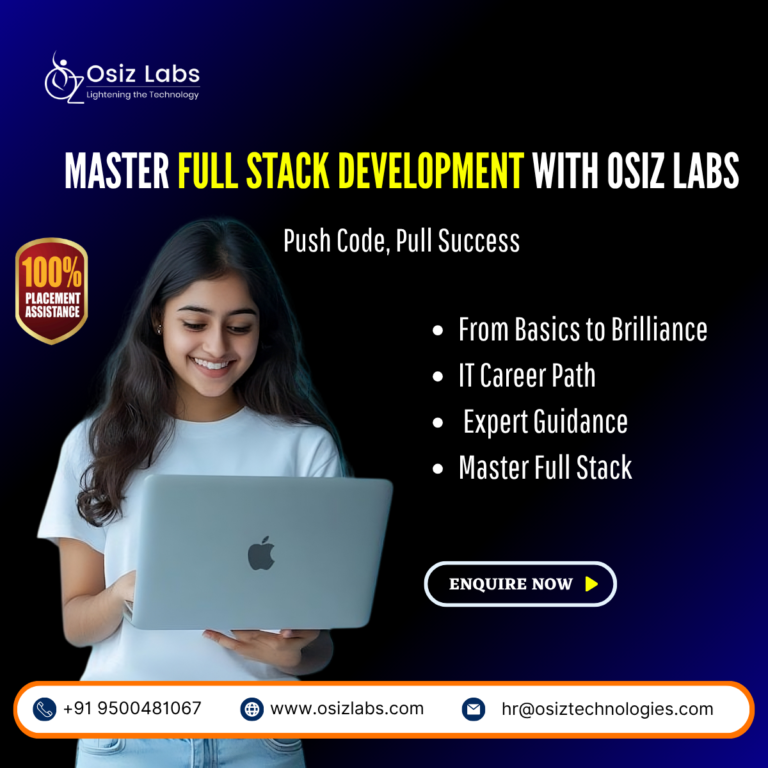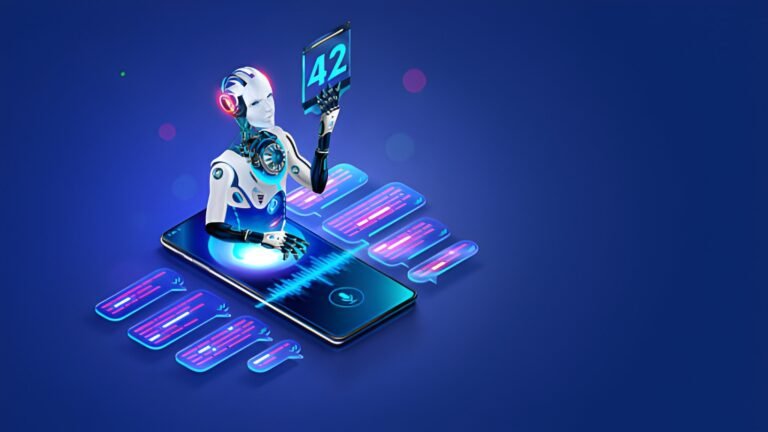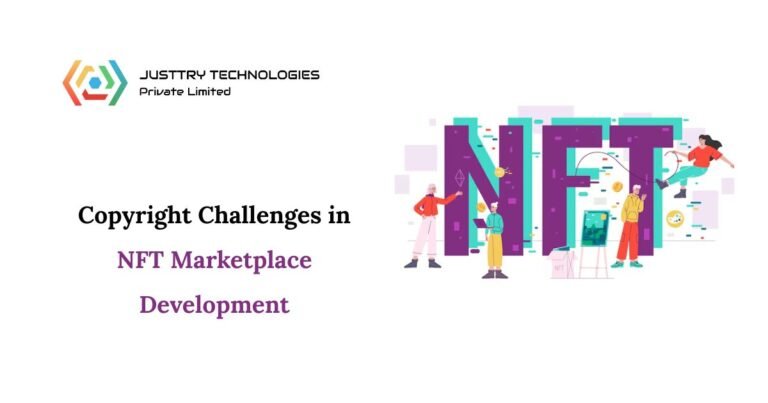In today’s hyper-competitive business world, time is money. Organizations are under constant pressure to increase productivity while reducing operational costs. Yet, a significant portion of employee time is consumed by repetitive, low-value tasks—answering the same customer queries, processing routine requests, and performing administrative duties.
This is where ChatGPT integration services step in. By automating repetitive tasks, ChatGPT allows businesses to free up human resources, reduce costs, and focus on strategic activities that drive growth.
In this blog, we’ll explore:
-
Why automating repetitive tasks is critical.
-
How ChatGPT integration services enable automation.
-
Real-world use cases across industries.
-
Benefits and challenges.
-
The future of task automation with AI.
The Problem: Repetition Drains Productivity
Studies show that employees spend up to 40% of their time on repetitive tasks such as:
-
Answering FAQs.
-
Scheduling meetings.
-
Processing orders.
-
Handling ticket escalations.
-
Collecting feedback.
Not only does this reduce productivity, but it also:
-
Leads to employee burnout.
-
Increases response times for customers.
-
Slows innovation, as teams can’t focus on creative problem-solving.
The Solution: ChatGPT-Powered Automation
Unlike traditional chatbots, which rely on rigid scripts, ChatGPT brings natural language understanding (NLU), contextual reasoning, and adaptive learning. Integrated into business workflows, it can automate repetitive tasks while maintaining a human-like conversational experience.
Key automation strengths of ChatGPT integration:
-
Context-aware responses: Understanding intent, not just keywords.
-
24/7 availability: Never needs breaks, unlike human agents.
-
Scalability: Handles thousands of interactions simultaneously.
-
Cross-platform functionality: Works across web, mobile, email, and social channels.
Top Business Tasks Automated by ChatGPT
1. Customer Support FAQs
ChatGPT can instantly answer common queries like:
-
Order status.
-
Return policies.
-
Payment issues.
-
Technical troubleshooting.
Impact: Reduces support team workload by up to 70% while delivering faster responses.
2. Appointment & Meeting Scheduling
Instead of back-and-forth emails, ChatGPT can:
-
Check calendar availability.
-
Suggest time slots.
-
Send meeting reminders.
-
Sync with platforms like Google Calendar, Outlook, or Zoom.
Impact: Saves employees from routine scheduling tasks.
3. Order Processing & Tracking
For e-commerce and retail:
-
Automates product searches.
-
Provides shipping updates.
-
Handles order modifications.
Impact: Streamlines customer journey, boosting satisfaction and reducing call center dependency.
4. Internal Helpdesk Support
Employees often need help with:
-
Password resets.
-
HR policies.
-
IT troubleshooting.
ChatGPT can integrate with HRMS and ITSM systems to handle these automatically.
Impact: Increases internal efficiency and reduces IT/HR ticket volumes.
5. Data Entry & Report Generation
AI can process:
-
Survey responses.
-
Customer feedback.
-
Expense claims.
It can also generate summarized reports for management.
Impact: Reduces manual errors and accelerates decision-making.
6. Document Drafting & Email Replies
From drafting proposals to replying to routine inquiries, ChatGPT can:
-
Write first drafts of emails.
-
Create policy templates.
-
Generate invoices and acknowledgments.
Impact: Employees spend more time refining strategy instead of writing repetitive communications.
7. Lead Qualification in Sales
ChatGPT can engage with prospects, ask qualifying questions, and route hot leads to sales teams.
Impact: Sales teams get warmer leads and focus on closing deals instead of manual filtering.
Benefits of Automating Repetitive Tasks with ChatGPT
1. Cost Savings
Automation reduces the need for large support teams, lowering operational costs significantly.
2. Employee Productivity
Employees focus on high-value creative tasks instead of routine, repetitive work.
3. Faster Customer Service
Customers receive instant responses, improving satisfaction and loyalty.
4. Scalability
Whether handling 100 queries or 100,000, ChatGPT scales effortlessly.
5. Consistency
Every customer gets uniform, accurate answers, reducing misinformation risks.
6. 24/7 Availability
Unlike human staff, ChatGPT runs continuously, ensuring global customers are supported anytime.
Industry-Specific Use Cases
E-Commerce
-
Automating order status updates.
-
Product recommendations.
-
Abandoned cart reminders.
Healthcare
-
Appointment scheduling.
-
Patient FAQs.
-
Insurance claims processing.
Banking & Finance
-
Account balance inquiries.
-
Loan application FAQs.
-
Fraud alert notifications.
Education
-
Answering student FAQs.
-
Automating course enrollment.
-
Scheduling tutor sessions.
Real Estate
-
Lead qualification.
-
Scheduling property visits.
-
Sharing property brochures automatically.
Challenges in Automation with ChatGPT
While automation delivers clear benefits, there are challenges to consider:
-
Complex Queries – Some issues require human empathy and judgment.
-
Integration Complexity – Linking ChatGPT with legacy systems may require custom development.
-
Data Privacy Concerns – Businesses must ensure GDPR, HIPAA, or industry-specific compliance.
-
Over-reliance on AI – Businesses must balance automation with human oversight.
Best Practices for Implementation
To maximize results from ChatGPT automation:
-
Start small – Automate high-volume, low-complexity tasks first.
-
Train continuously – Feed ChatGPT with real conversations to improve accuracy.
-
Enable escalation – Allow smooth handoff to human agents when necessary.
-
Monitor analytics – Track performance to refine responses and workflows.
-
Ensure compliance – Protect customer data with enterprise-grade security.
Future of Automation with ChatGPT
By 2030, experts predict over 70% of business interactions will be handled by AI-powered systems like ChatGPT. The future includes:
-
Proactive automation: AI anticipates needs before users ask.
-
Voice-first automation: Voice assistants handling repetitive calls.
-
Robotic Process Automation (RPA) + ChatGPT: End-to-end automation of workflows.
-
Predictive analytics: AI using past data to automate future decisions.
Conclusion
Repetitive tasks may seem small individually, but collectively they drain productivity and employee morale. By integrating ChatGPT into business processes, organizations can automate routine work, cut costs, enhance efficiency, and elevate customer experiences.
The key to success lies in:
-
Identifying the right tasks to automate.
-
Choosing a reliable integration service provider.
-
Maintaining a balance between AI automation and human intelligence.
With ChatGPT automation, businesses are not just reducing workload—they’re unlocking a future of smarter, more efficient operations.





